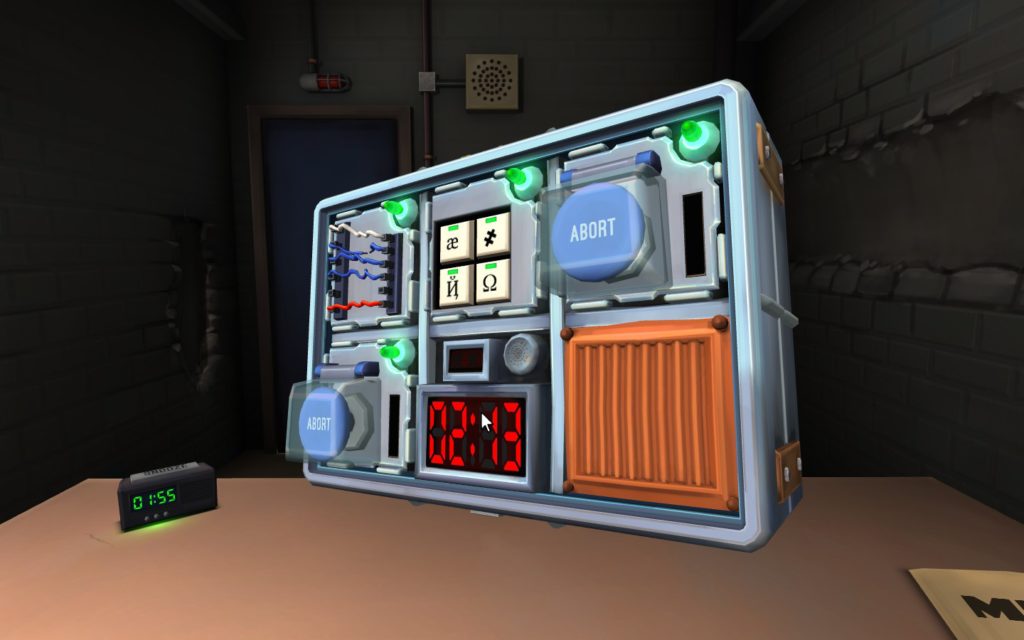
“What? How can video games help you?” you might be asking. We’ve all heard that video games can bring out aggression in people, especially the more violent ones (that’s not true; they don’t). As it turns out, video games aren’t a complete waste of time. They can help you learn things. Whodda thunk it. Play a lot of games that involve teamwork, and chances are you’ll get better at teamwork. Play a lot of puzzle games centered around problem-solving, and you’ll come out of it more capable of solving problems. There’s no limit to how video games help people.
Team Work
You’ve got the obvious one, teamwork. MMO players learn all about the importance of teamwork very quickly. Sometimes it requires a lot of manpower and coordination to accomplish something in a game, and those leading the charge will quickly see what video games can teach for themselves. At its peak, there were companies that would actually view raiding experience in World of Warcraft as a huge positive, and there are probably places that still do. Sure, if you showed up to a job interview after not having showered for a week straight due to an 18-hour WoW bender, then they probably wouldn’t care that your guild managed to have the realm-first Ragnaros kill. Still, though, if you’re able to draw some experience from your time spent working as a team in video games then you can easily translate that to a working environment, because a lot of times, those too will involve heaps of teamwork.

Communication
In a similar vein to teamwork, video games can help you learn to be a better communicator. If the game you play relies heavily on communication, chances are you’ll be able to apply that skill naturally outside of the game. Keep Talking and Nobody Explodes is a prime example of this. It’s a game that is based almost entirely on communication. One person is tasked with disarming a bomb, and everyone else has to talk them through it. You can imagine that being a skilled communicator might make such an endeavor much easier, else everybody explodes. The same could be said for many real-life examples of communication. The better you’re able to navigate those waters, the more successful you’ll be at communicating.

Puzzle Solving
Those who are patient enough to really dive deep into puzzle games will likely discover that their brains might be sharper, allowing them to solve those successive puzzles more quickly. Not to mention the application of being able to solve problems in the real world as well. Play enough of the aforementioned game, Keep Talking and Nobody Explodes, and you might be called in to disarm a real bomb. Okay, that’s a complete fallacy, and if anyone actually asks you to diffuse a real bomb based on your experience with Keep Talking… politely decline. Still, though, puzzle games help to develop critical thinking, and that skill is immensely useful in the real world.
Patience
This might be an obvious one, or maybe not, but bear with me. Learning patience is just one of the ways that video games do help you in real life. A lot of video games, especially ones that involve loot of some sort, also involve repetition. By farming those resources you need, you’re learning to be patient. Maybe when you first start, you last 20 minutes before you’re about ready to bounce off the walls. Then a while goes by, and you find that you’re spending hours farming for that rare item without even realizing it. Just remember, though, everything in moderation. Unless, of course, you really want that something; then by all means, go all out. (Please don’t). Similarly to patience, video games can also teach you tenacity. Have you ever spent a few hours trying to get past a tough boss fight? There you have it: tenacity. Life is all about being determined to see whatever your goal is through to the end.

Overcoming Fears
This is a new one, thanks primarily to VR. As it turns out, being physically immersed in an environment that is about as realistic as you can get without being in actual reality can really help to alleviate fears. Take arachnophobia for example, it’s been shown that by handling virtual spiders in VR, you grow to become more comfortable with the real thing. Yeah, getting people to handle spiders in any form of reality is a long shot, regardless of how harmless they are, but take that down a few notches, and VR can also be used to help overcome a fear of heights. Just imagine what other applications virtual therapy might have for people. What if you’re scared of aliens? Get virtually abducted a few times, and boom, when the real thing happens, you won’t be scared at all, and perhaps the problem-solving you learned from all those puzzle games will help you get out of this situation.

Those are just five mere examples of how video games can help you. In truth, their applications are nigh limitless. What are some ways that you’ve found that video games have helped you?



